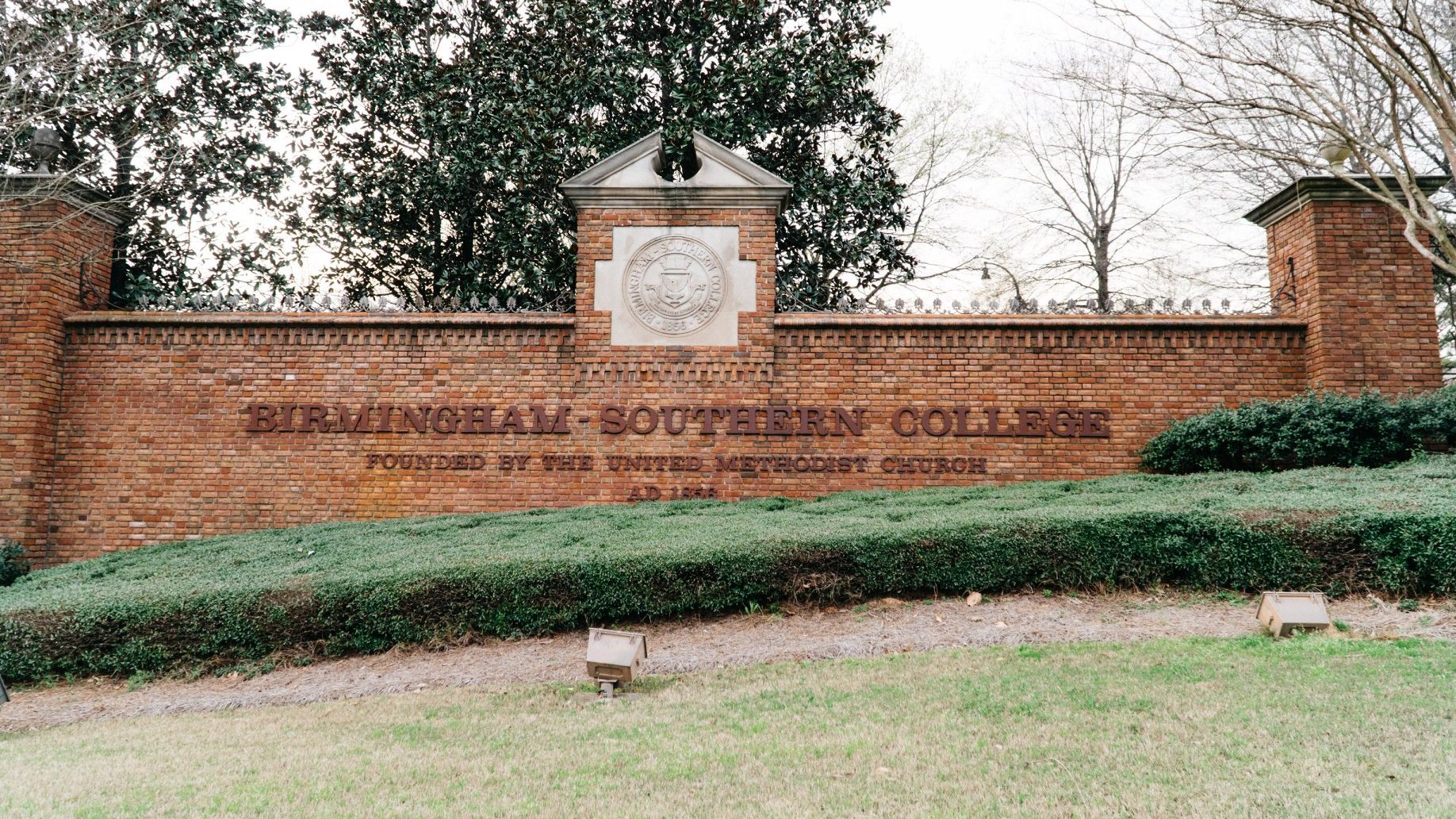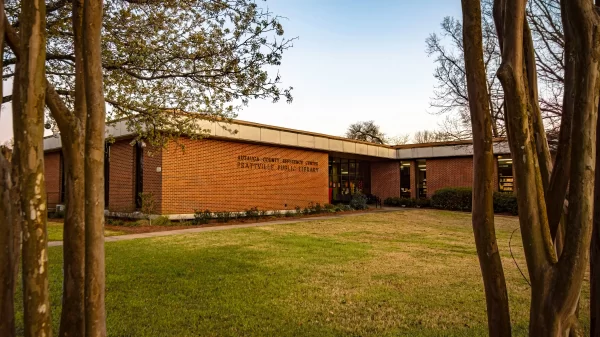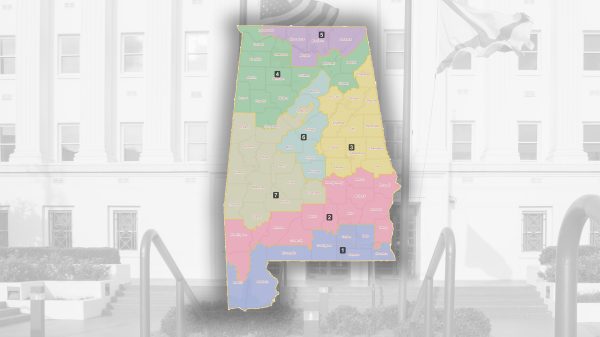|
Getting your Trinity Audio player ready...
|
Birmingham Southern College took Alabama Treasurer Young Boozer to court Thursday, asking the court to order the state to loan it $16 million.
The college filed an emergency motion with the court Tuesday seeking the relief after receiving notice from Boozer that its loan application had been denied.
In the complaint, the college alleges it met all the requirements of the loan program—passed by the Legislature specifically in response to Birmingham Southern’s financial struggles—and that Boozer acted in bad faith by arbitrarily and capriciously denying the college’s loan application.
The college appears to have an uphill battle to argue the merits of its case, as Montgomery Circuit Judge James Anderson indicated concerns that he doesn’t have authority to make that order.
Even if all of Birmingham Southern’s allegations were found to be factual and that the college did meet all the statutory criteria, Anderson said the statute still provides for discretion by the Treasurer.
The statute says the treasurer “may, in his or her judgment, award a loan.”
There’s also the problem of sovereign immunity—which is what the state is going to call upon in its motion to dismiss the case.
Sovereign immunity precludes state actors from being litigated when it would negatively affect a contract right of the state, and Anderson seemed to lean heavily toward this scenario falling under that umbrella.
Anderson noted the recent result in favor of Alabama Department of Transportation Director Jon Cooper, who the Alabama Supreme Court found to be protected under sovereign immunity regardless of whether he acted in bad faith.
Robert Battle, counsel for BSC, said they believe the court does have authority here, arguing that Boozer exceeded his discretionary power and is effectively vetoing the legislation.
“We believe that if he acts arbitrarily, capriciously or in bad favor, the court does have the capacity and the authority to compel that state actor to perform those duties, Battle said. “In fact, we have evidence where the treasurer essentially said he doesn’t think any financially distressed institution could qualify for a loan under this program; that would be usurping his duties and and essentially exercising an unlawful veto of legislation that was passed unanimously by the Senate and by a supermajority in the House on a bipartisan basis. And there will be no purpose for this law if no one could qualify.”
Part of the issue is a time crunch for the college, as plaintiffs advised the court that they must have relief before October 30 when the Board of Trustees meets or the college will have to shut down at the end of the semester.
While Anderson said he sympathizes with the fact that the college didn’t have time to work with, he still questioned how he could meet that timeline.
He also told BSC awarding the relief before a trial on the merits could also be seen as arbitrary and capricious.
Anderson set a hearing on the matter for Wednesday, Oct. 25, just five days before the deadline for Birmingham Southern.






















































